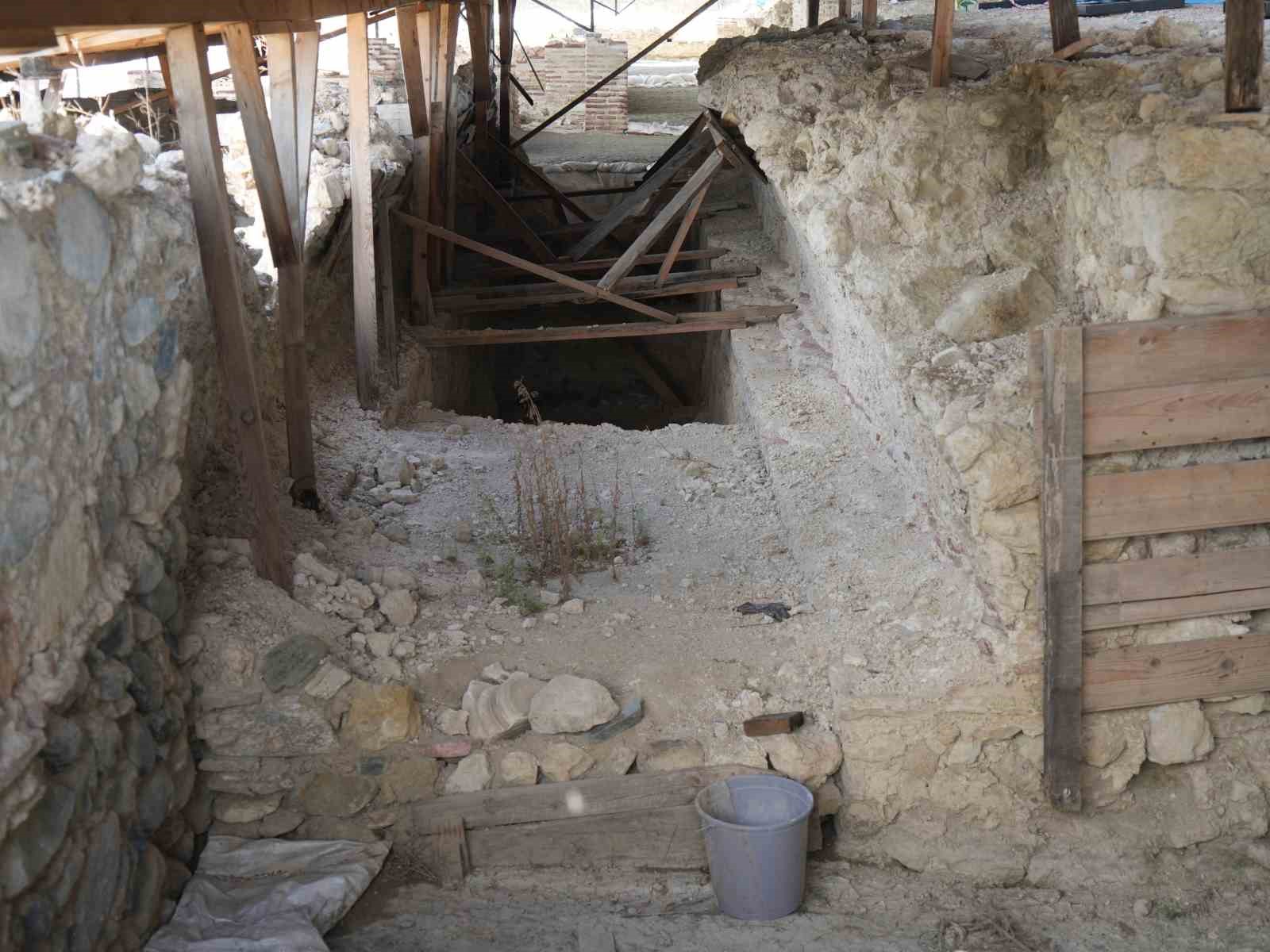
Seeds Discovered in the Toilet Channel of an 1800-Year-Old Roman Villa Under Investigation
Excavations at the ancient city of Pompeipolis, often referred to as the “Ephesus of the Black Sea,” have uncovered intriguing seeds in the toilet channel of an 1800-year-old Roman villa. This significant find is set to provide insights into the dietary habits and insect diversity of the period.
The Roman villa, covering an area of 1,600 square meters, is one of the largest sites in the Paphlagonia region. The ongoing archaeological work is led by Assoc. Prof. Dr. Mevlüt Eliüşük from the Department of Archaeology at Karabük University, on behalf of the Ministry of Culture and Tourism.
The seeds collected from the toilet channel are being analyzed by Dr. Mustafa Nuri Tatbul from the Department of Art History at Bartın University. So far, researchers have identified approximately 50 different plant species, alongside the discovery of an ancient bee believed to date back 1,800 years.
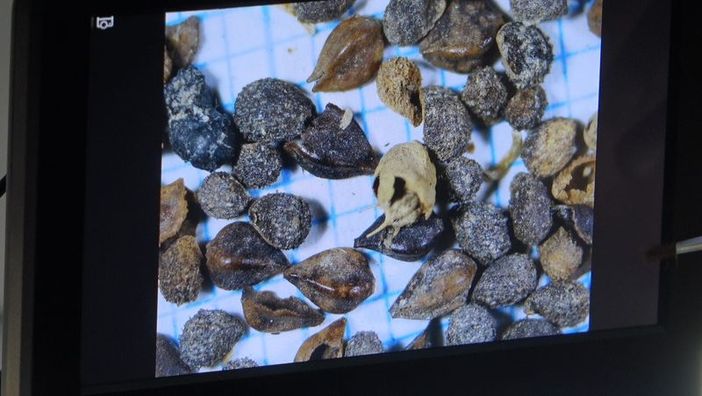
Understanding Ancient Diets
Dr. Tatbul explains, “In this project, I focus on environmental archaeology and specifically on archaeobotanical studies. I collect samples from various contexts within the villa, such as trash pits, burnt areas, kitchen spaces, storage areas, water systems, and sewage. By applying flotation methods to soil samples, I separate plant remains to understand the dietary habits of the inhabitants. My primary goal is to evaluate economically significant plants like grains, legumes, and fruits to gain insights into the settlement’s economy. Additionally, we can observe and define behaviors related to production, consumption, and waste.”
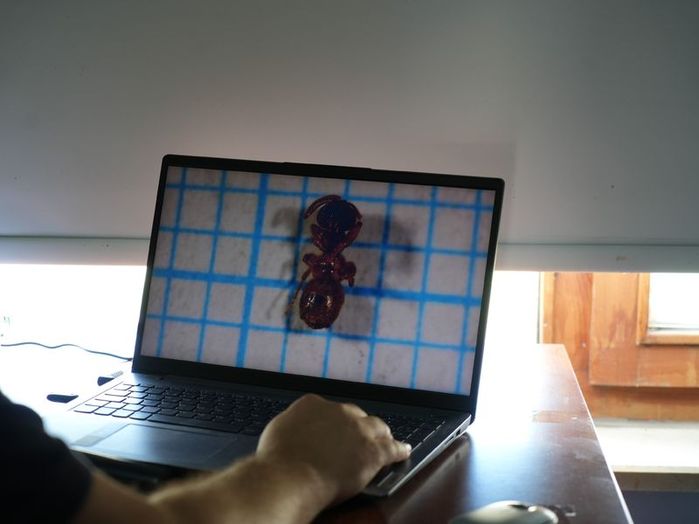
Dr. Tatbul emphasizes the importance of this research, stating, “My secondary goal is to identify the microfauna and flora surrounding the settlement, which will help us understand the environmental conditions of the past. We have identified around 50 different wild plant species, indicating that this settlement was inhabited, abandoned, reoccupied, and abandoned again over a period of approximately 800-900 years. This allows us to reconstruct the past environment using scientific data.”
The research also includes the study of insect species to further understand the environmental conditions of the time. Dr. Tatbul notes, “We are also examining insect remains found in our samples. By collaborating with biologists, we aim to gather additional information, allowing us to analyze both plant and microfauna to better understand the natural conditions of the past. Wild plant species are crucial, as each has specific living conditions, such as temperature ranges, rainfall patterns, and humidity levels, which may help us learn about past climate and environmental conditions.”
You may also like
- Archaeologists Discover 9,000-Year-Old Temple in Jordan Desert
- Sumerian Birth Certificate: One of History’s Oldest Records
- Archaeologists Uncover Unique Auditorium During Excavations in Sicily
- Astonishing 3,000-Year-Old Cave Paintings Unearthed in Brazil
- Ancient Assyrian Tablets: Science Uncovers 7th Century Writing Techniques
- The Mysterious Goddess of Levent Valley: 2800-Year-Old Hittite Goddess Figurine
- Discovery in Romania Reshapes History of Ancient Dacian Presence
- New Study: Climate Change May Have Played a Role in the Fall of the Roman Empire
- The Dazzling Treasure of Kibyra: The Medusa Mosaic Reopens to Visitors
- Stunning 2,500-Year-Old Settlement Discovered in North Macedonia
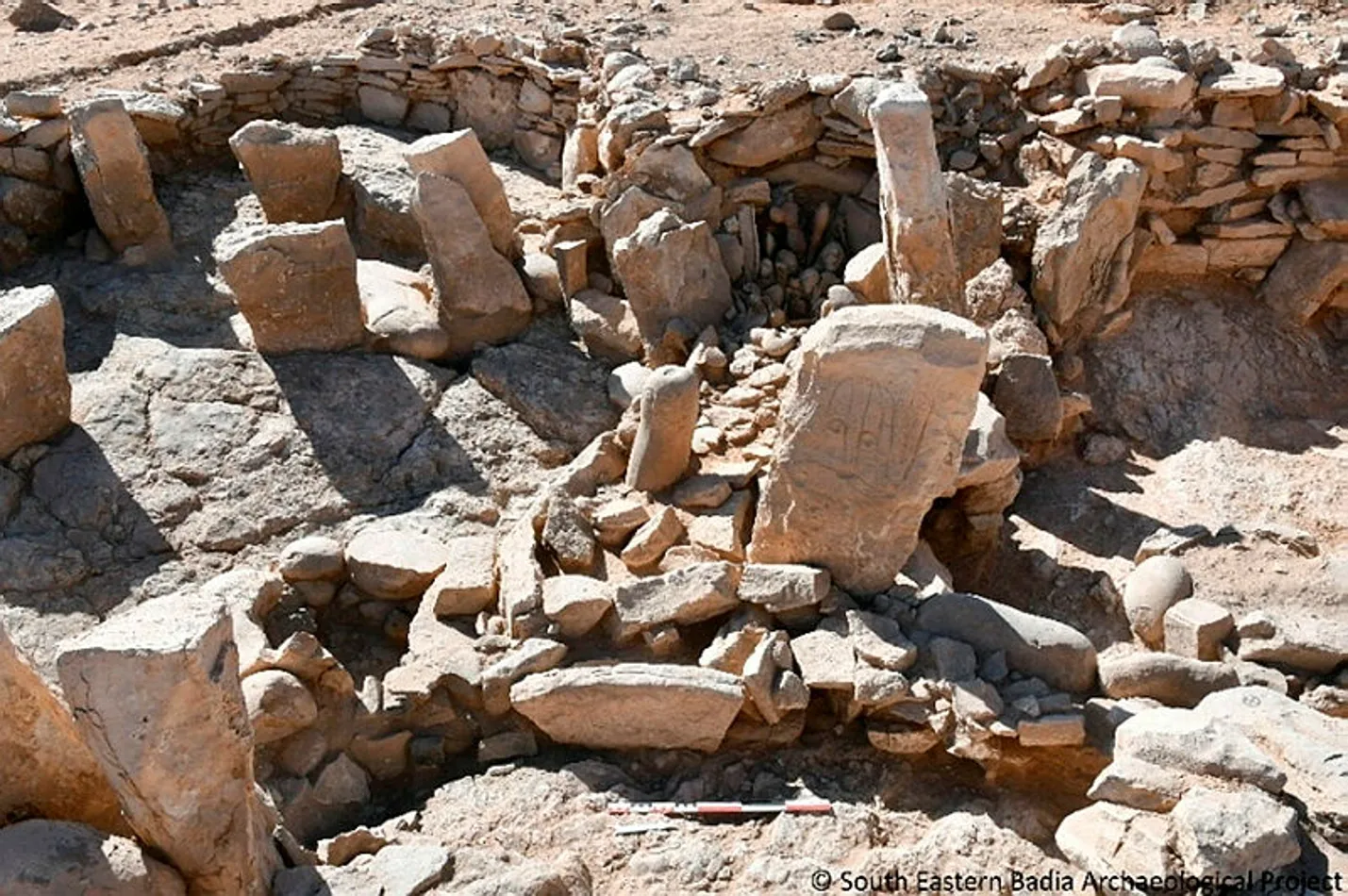
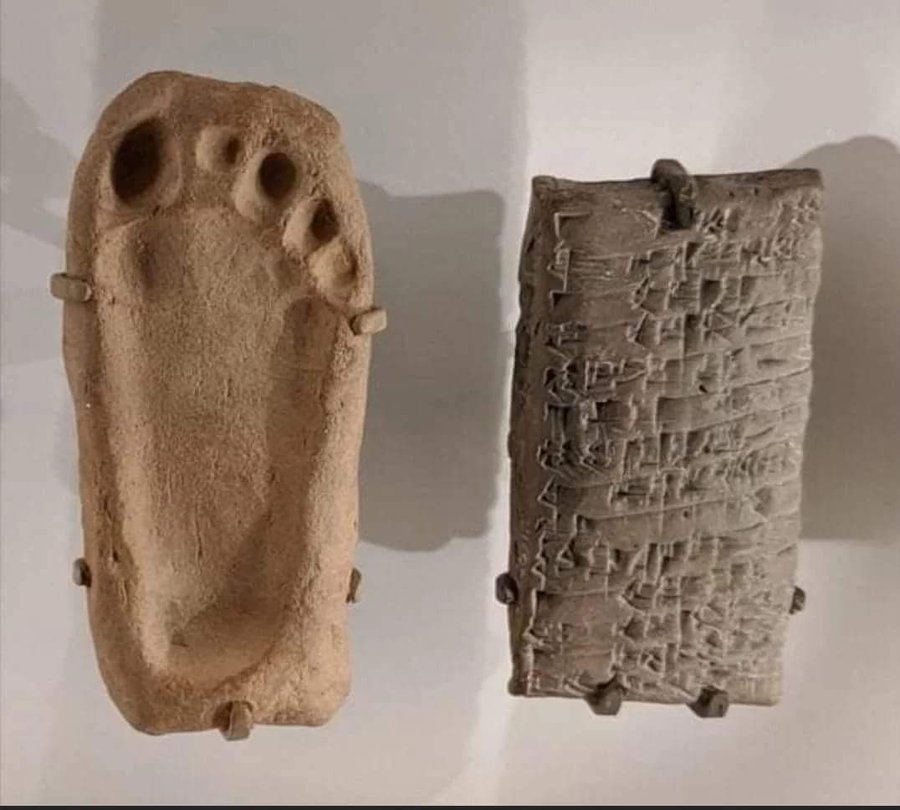
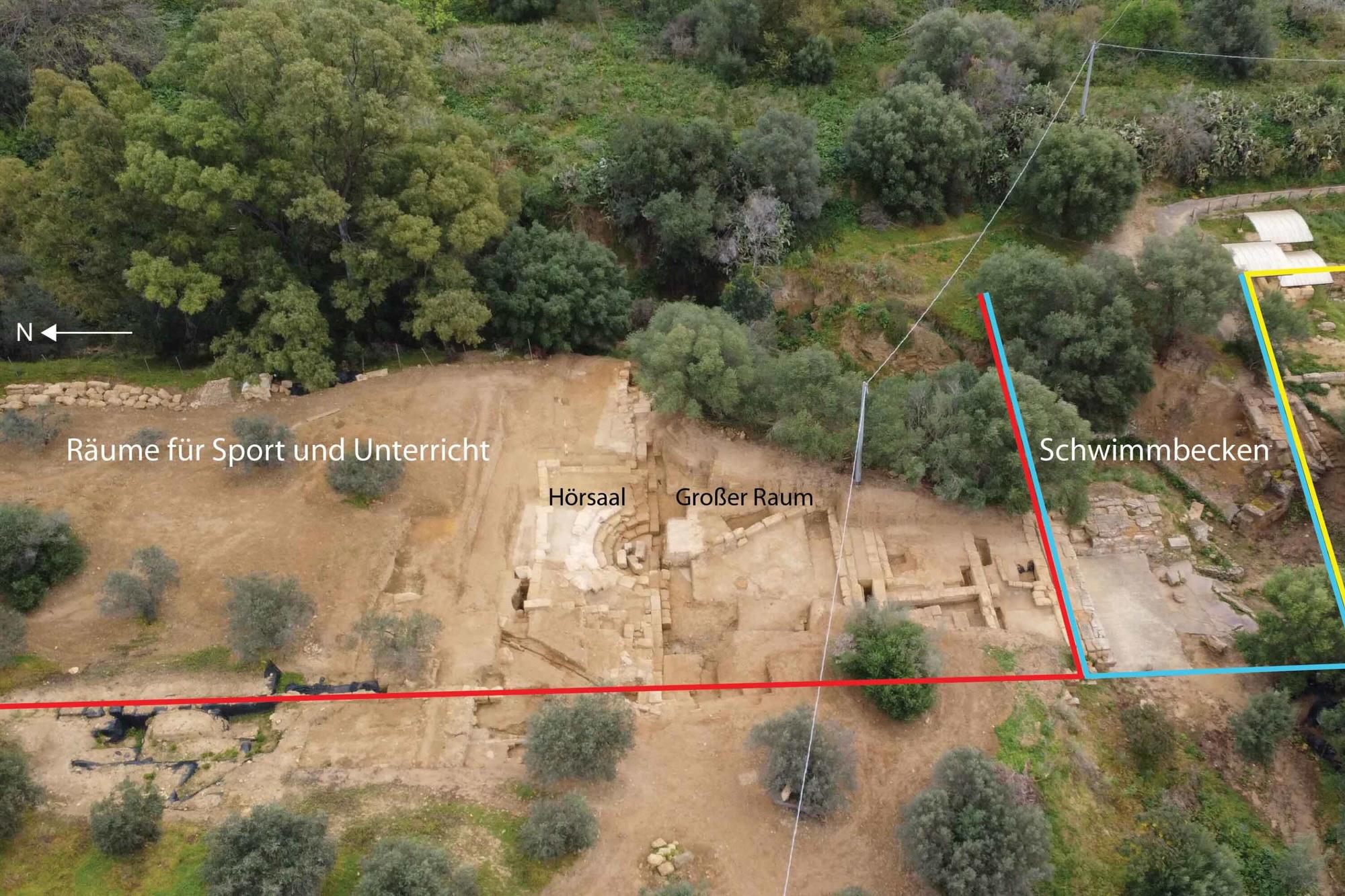
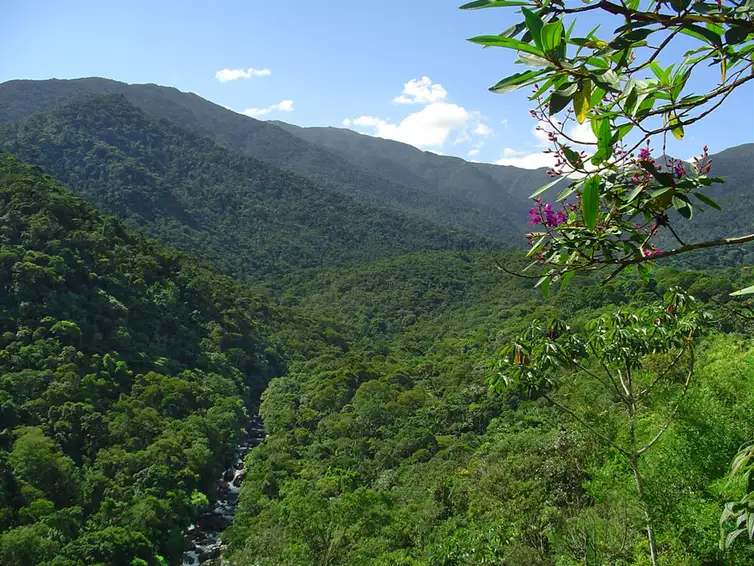
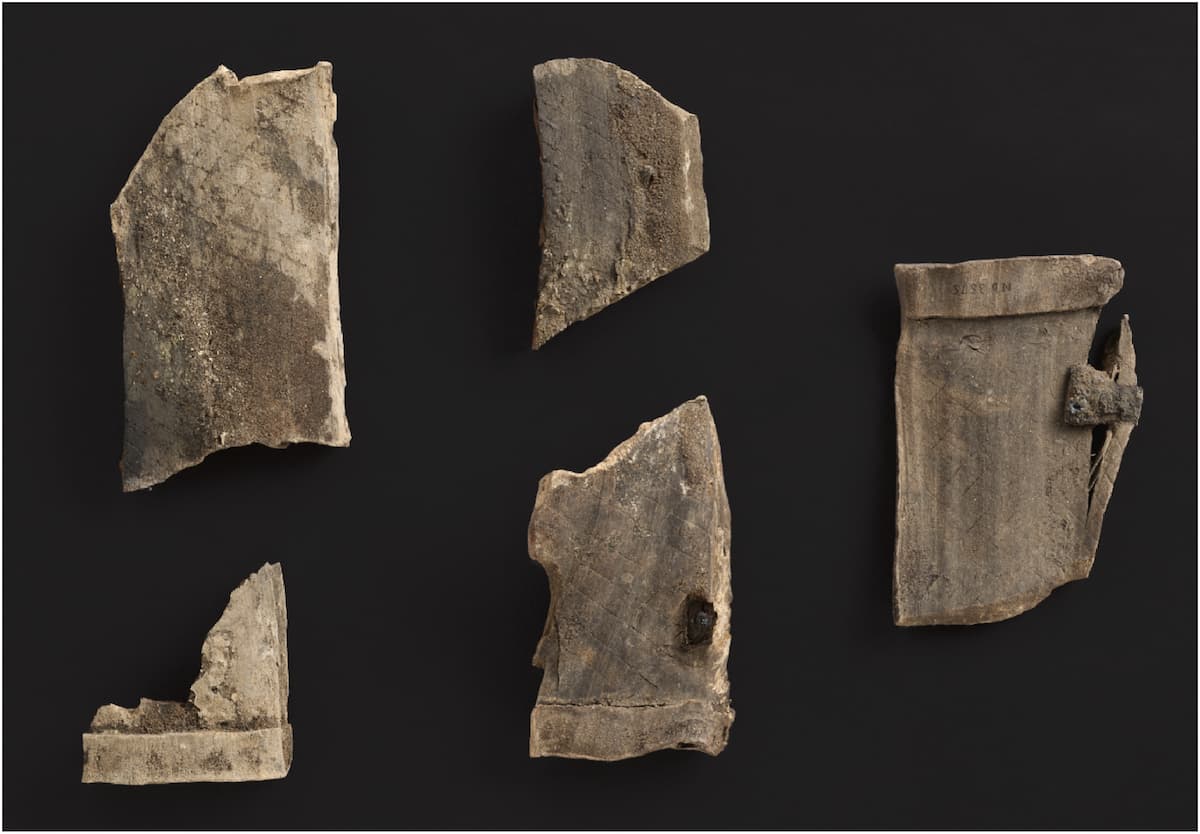
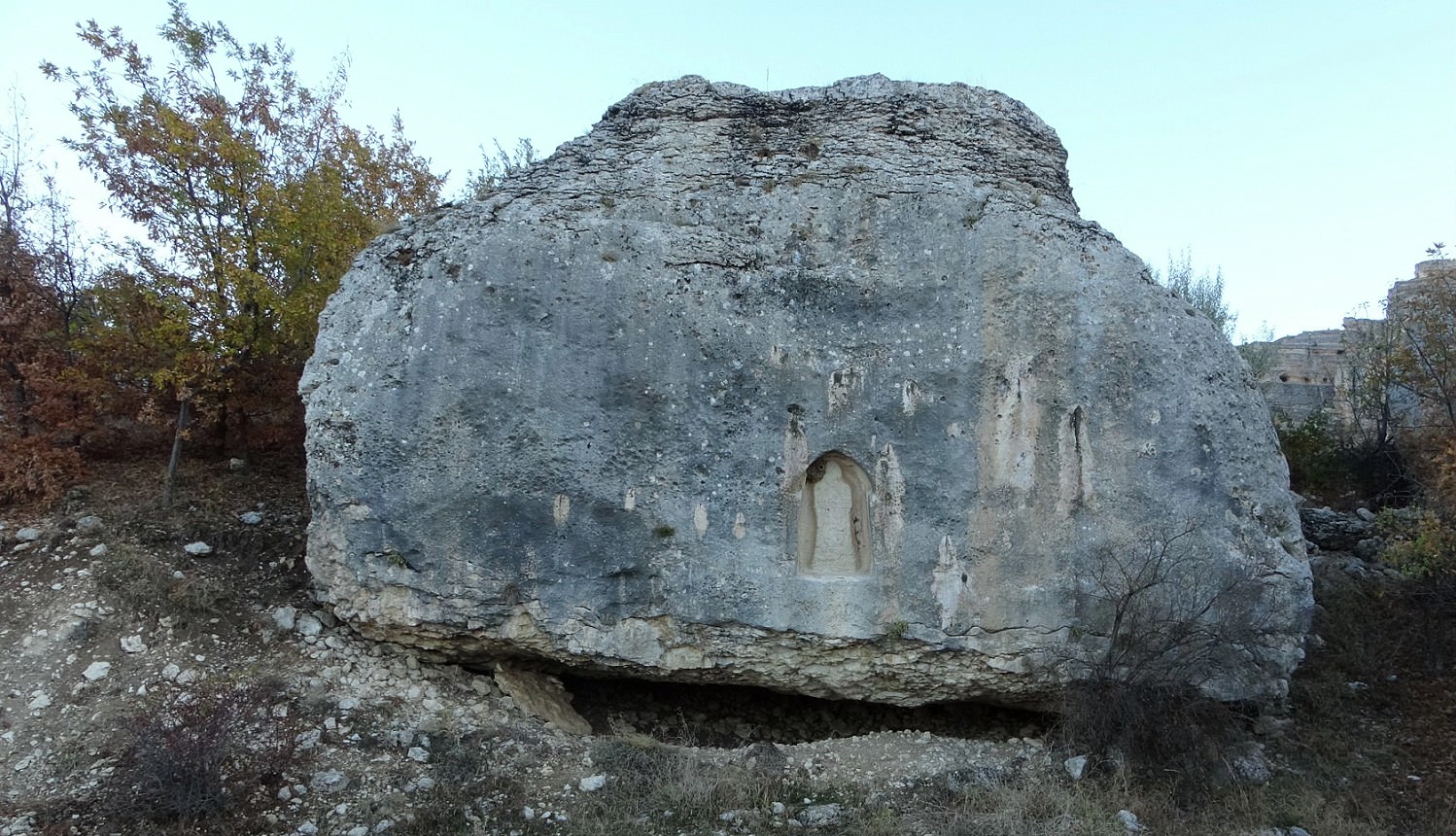
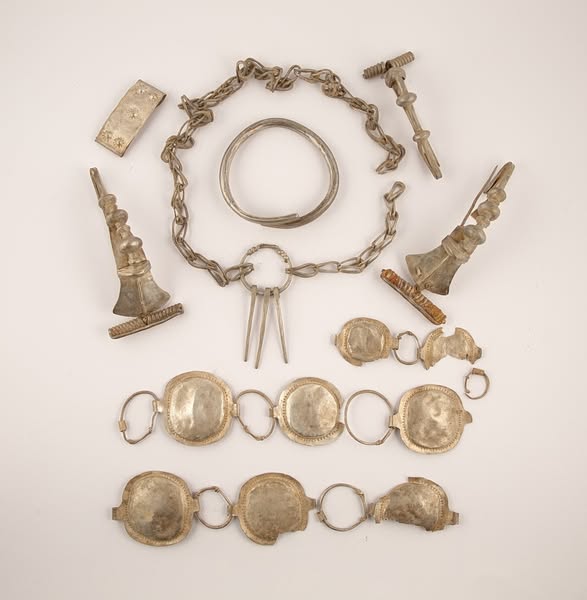

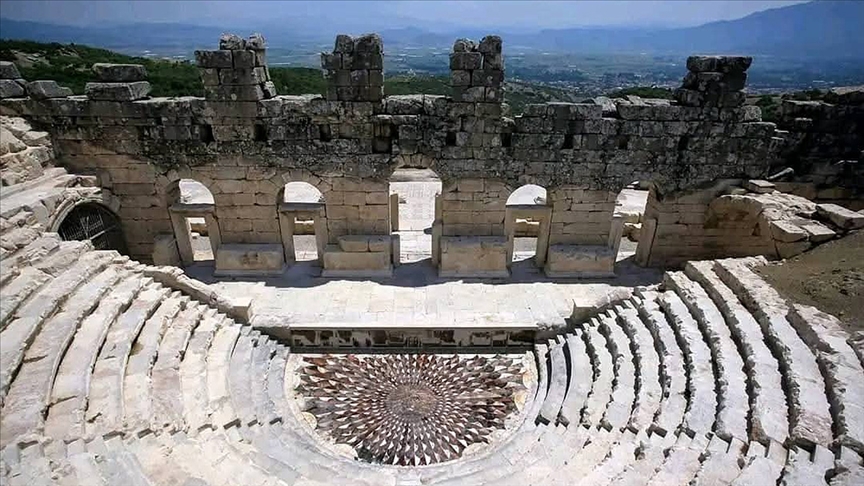
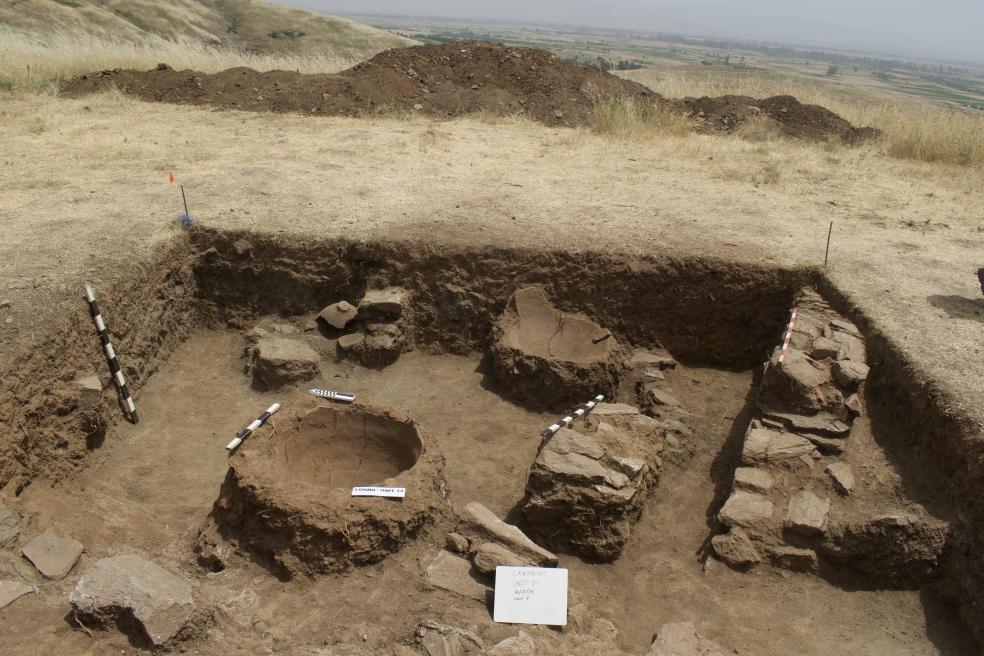
Leave a Reply